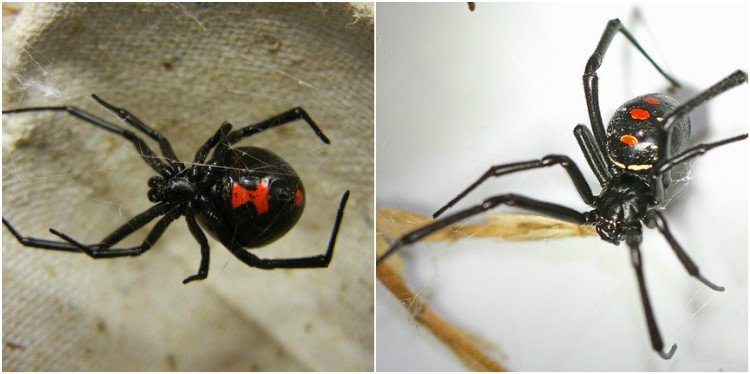Northern widows can be found throughout North America, including parts of Canada, the U.S.’s eastern coast, down into Florida and out in the Midwest such as Kansas. They favor dark places like sheds, garages, piles of brush, or basements. Bites usually occur when a widow is disturbed, as the creatures are described as being very timid.

Though their venom is 15% more powerful than a rattlesnake’s, fatalities are rare. According to Johns Hopkins Medicine, symptoms of a black widow bite include:
- Headache
- Dizziness
- Eyelid swelling
- Nausea or vomiting
- Pain, swelling, burning sensation at bite site
- Stiffness or pain in the muscles, chest, or abdomen
- Weakness or paralysis, commonly localized in the legs
If you are bitten by one, they advise to wash the wound and apply a cold pack until immediate medical attention is received.
The persistence of Kailyn’s parents paid off as her outcome could have been much worse. Fortunately, her infection was caught in enough time for her to make a full recovery. Click on the video to learn more about Kailyn’s ordeal and to find out about black widows.
Kristine wanted to share their experience with the hope that it can remind other parents to trust their instincts if something seems off. It’s actually a great reminder for us all to trust that gut feeling and watch out for insects!
Have you or someone you know ever been bitten by a venomous spider? Did you realize it immediately or was it misdiagnosed?
Sources:
Michigan State University
Live Science
Tiphero.com









